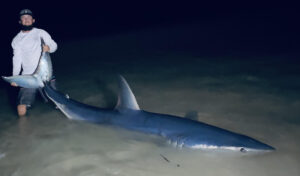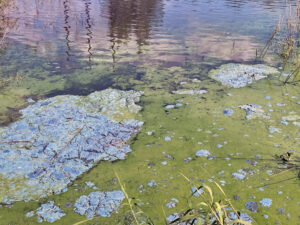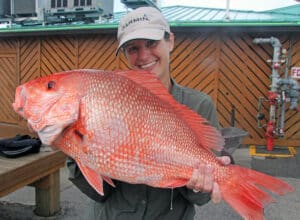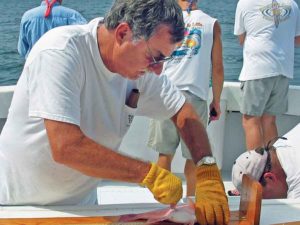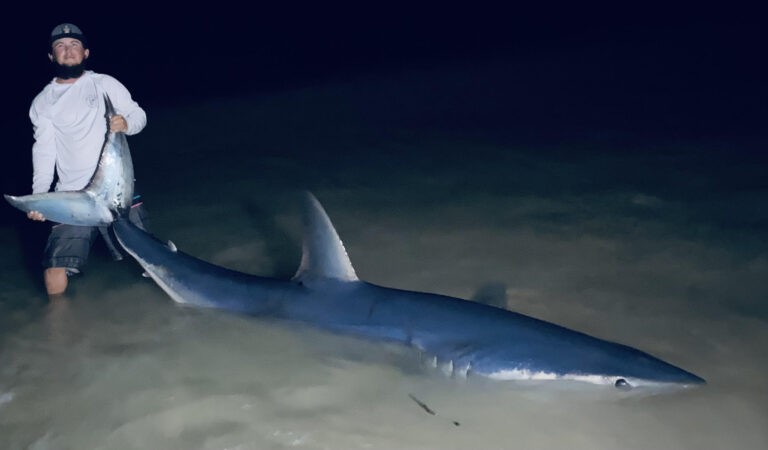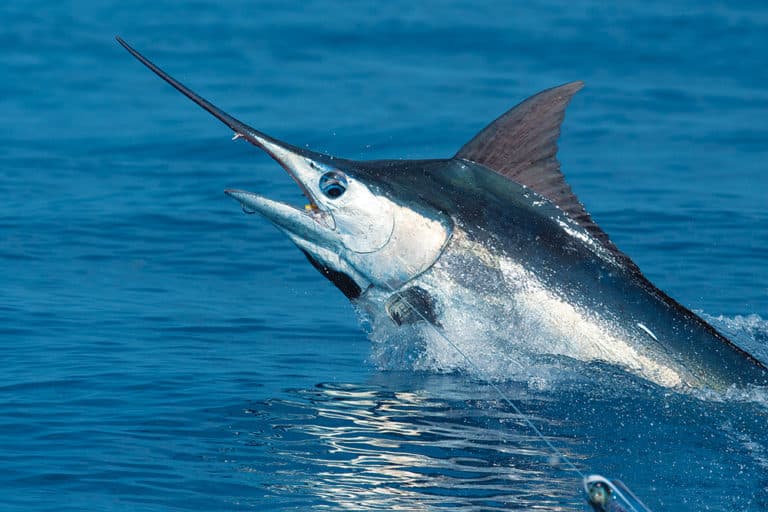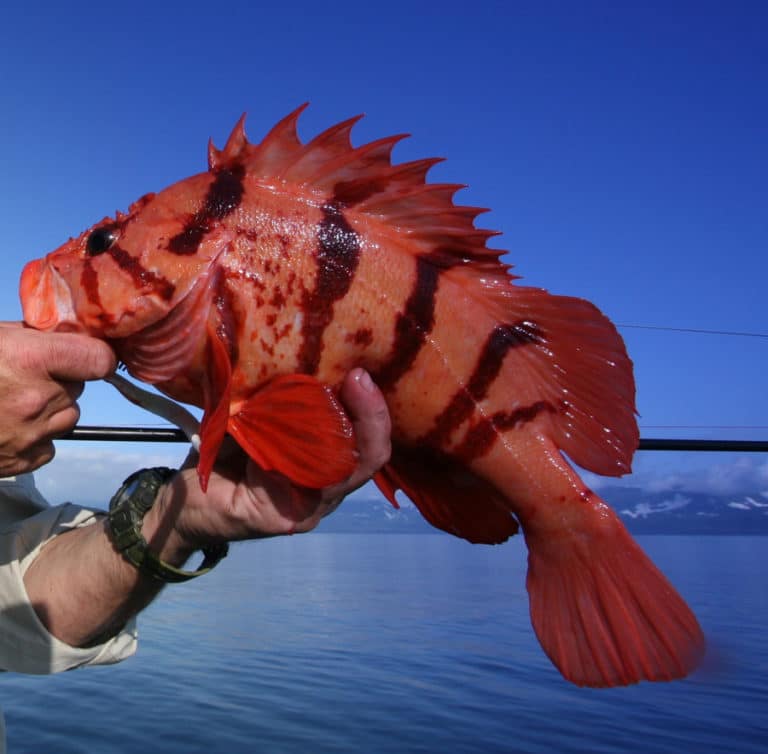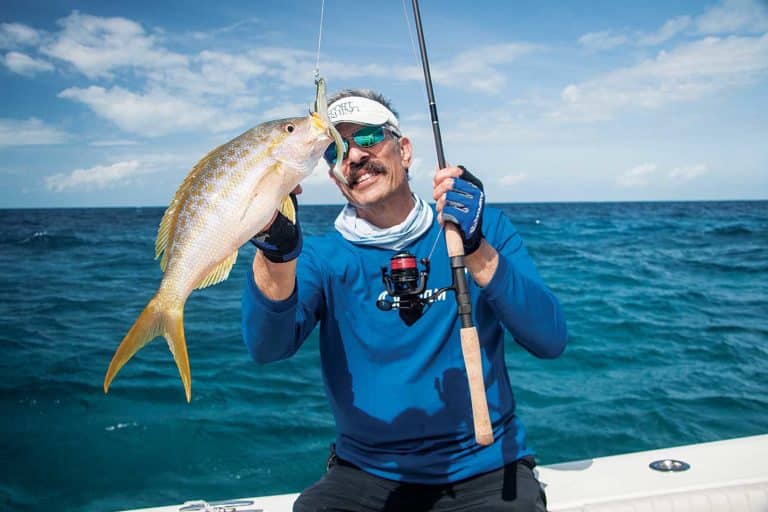
While Florida’s recovery from Hurricane Ian is everyone’s chief concern these days, the state fisheries department also is looking out for snook in the same ravaged region where the terrible storm came ashore on the Sunshine State’s lower west coast.
So the Florida Fish and Wildlife Conservation Commission (FWC) has just filed an executive order to extend the catch-and-release-only season on snook in the Charlotte Harbor area until Dec. 1, 2022. This is when normal regulations for catch-and-keep snook go into effect. The executive order effectively closes all snook harvest in the area until Mar. 1, 2023.
The order also includes all waters of the Peace and Myakka rivers as well as their tributaries. But anglers still can catch-and-release snook in the region.
These temporary regulation modifications are in response to ongoing concerns from a prolonged red tide, which was more severe in this area regarding habitat conditions, including seagrass loss, in the waters in and around Charlotte Harbor, the FWC says in a press statement.
“Redfish, snook and trout are important fisheries in southwest Florida,” said Eric Sutton, FWC Executive Director. “The Commission has made significant changes to our process in setting regulations for these species including habitat conditions. Charlotte Harbor was the epicenter of the prolonged red tide and has experienced habitat impacts. We would like to spend more time evaluating these variables.”
Many guides in the area closed to snook fishing are in favor of the new executive order, especially since catch-and-release fishing still is allowed for snook. Other species such as redfish, seatrout and tarpon are fill-in targets for anglers.
Camille Lumbert of Pelican Bay Outfitters (a local tackle and bait shop) told local Fox4-TV that she’s seeing hundreds of over-slot snook near their docks, a sign there are plenty of healthy breeder fish to grow the area’s snook population in the future.
“I’ve heard from our scientists and stakeholders, and I support a temporary measure to give more time to evaluate snook management options,” said Steven Hudson, Vice Chairman of the FWC. “Given the red tide history in this specific area, as well as concerns about habitat, I think it’s important to take a conservative approach.”

